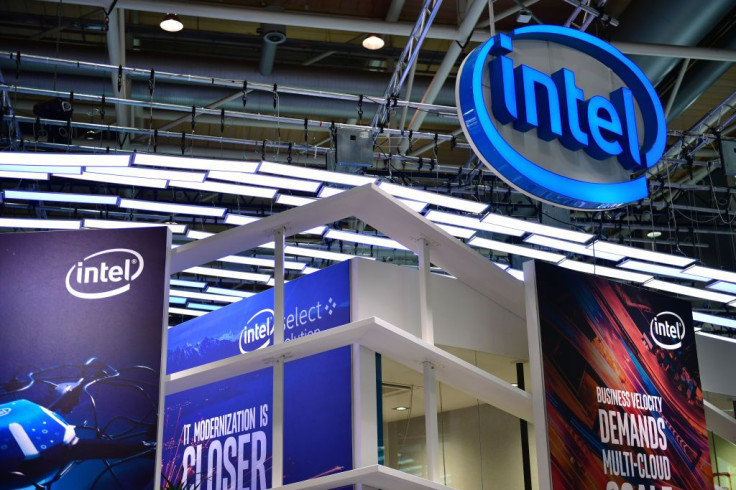Intel Drops Out Of 5G Race Following Apple, Qualcomm Partnership

Intel on Tuesday said it’s dropping-out of the 5G modem business in a move that clears the way for Qualcomm, Samsung and MediaTek to supply these devices to the upcoming Apple 5G iPhone.
Intel’s surprise revelation came only a few hours after Apple and Qualcomm made an equally stunning statement about suddenly ending their two year-long legal fight over patents.
Intel’s announcement confirms rumors the chipmaker can’t produce the 5G modems needed by the 5G iPhone this year. Intel has repeatedly said it can only do so in 2020, which means the 5G iPhone can only release in 2020.
This timeframe has increasingly appeared unacceptable to Apple in light of Samsung marketing its Galaxy S10 5G phone, the world’s first 5G smartphone, on April 5.
News reports confirm that Apple has talked to both Samsung and MediaTek about using their 5G modems in its first 5G iPhones. It’s unknown if these talks led to any definite agreements.
It’s now clear Apple can choose Qualcomm, Samsung or MediaTek, but given Apple’s penchant for doing business with more than one supplier, all three might be in the mix.
In announcing its decision to exit 5G, Intel said it “will continue to meet current customer commitments for its existing 4G smartphone modem product line, but does not expect to launch 5G modem products in the smartphone space, including those originally planned for launches in 2020.”
"We are very excited about the opportunity in 5G and the 'cloudification' of the network, but in the smartphone modem business it has become apparent that there is no clear path to profitability and positive returns," said new Intel CEO Bob Swan.
"5G continues to be a strategic priority across Intel, and our team has developed a valuable portfolio of wireless products and intellectual property."
Intel shares rose about 3 percent on the news in extended trading after closing with a 0.8% gain.
© Copyright IBTimes 2024. All rights reserved.





















